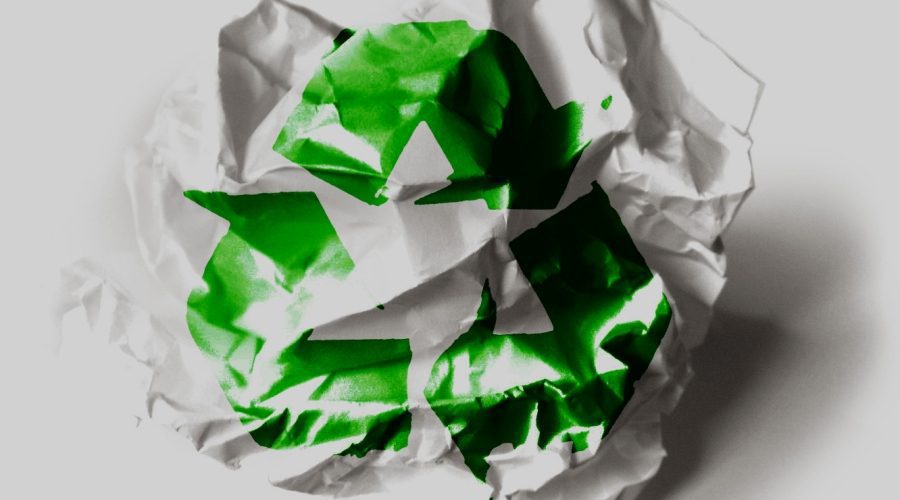The current hazardous and production waste management system in the Republic of Moldova is not integrated and based on activities in accordance with the "waste hierarchy" and on an "Extended Producer Responsibility" mechanism for waste management, similar to the Community one, as a result of which it does not ensures the minimization of potential threats to the environment and the population. Starting from the special law no. 209/2016 on waste, some general regulations are of interest that configure the "Extended Producer Responsibility" institution as a distinct one within the mechanism of
Author: Igor Şeremet, Lawyer, university lecturer, at the Department of International and European Law of the Faculty of Law of the USM, Doctor in Law Although, the special legislative basis regarding the regulation of the management of production and household waste for the purpose of their reduction and their maximum reintroduction into the economic circuit, as well as, for the purpose of preventing environmental pollution, was fixed by Law no. 1347-XIII of 09.10.1997 [1 ], the first normative approaches regarding waste from medical activity were
The negative influence of economic development on the environment has been recognized for a long time. Against the background of the multiple challenges generated by the need to protect the environment, governments are now facing increasing pressure to identify new ways to reduce the impact of human activities on the environment, without affecting economic growth. It goes without saying that the influence of these measures will be reflected on the activity of producers, says Laura CIOBANU, Manager, Climate Change and Sustainability, EY Romania. Plastic materials have
Some regulatory gaps that negatively influence the effective implementation of Law no. 209/2016 on waste The first legislative concerns in order to regulate the management of production and household waste in order to reduce them and their maximum reintroduction into the economic circuit, as well as, in order to prevent environmental pollution , were fixed by the adoption by the Parliament of the Republic of Moldova of Law no. 1347-XIII of 09.10.1997, the basic foundation constituting Law no. 1519/1993 on the protection of the environment [1]. The regulatory field of Law no. 1347/1997, relates to the relationships that appear at




